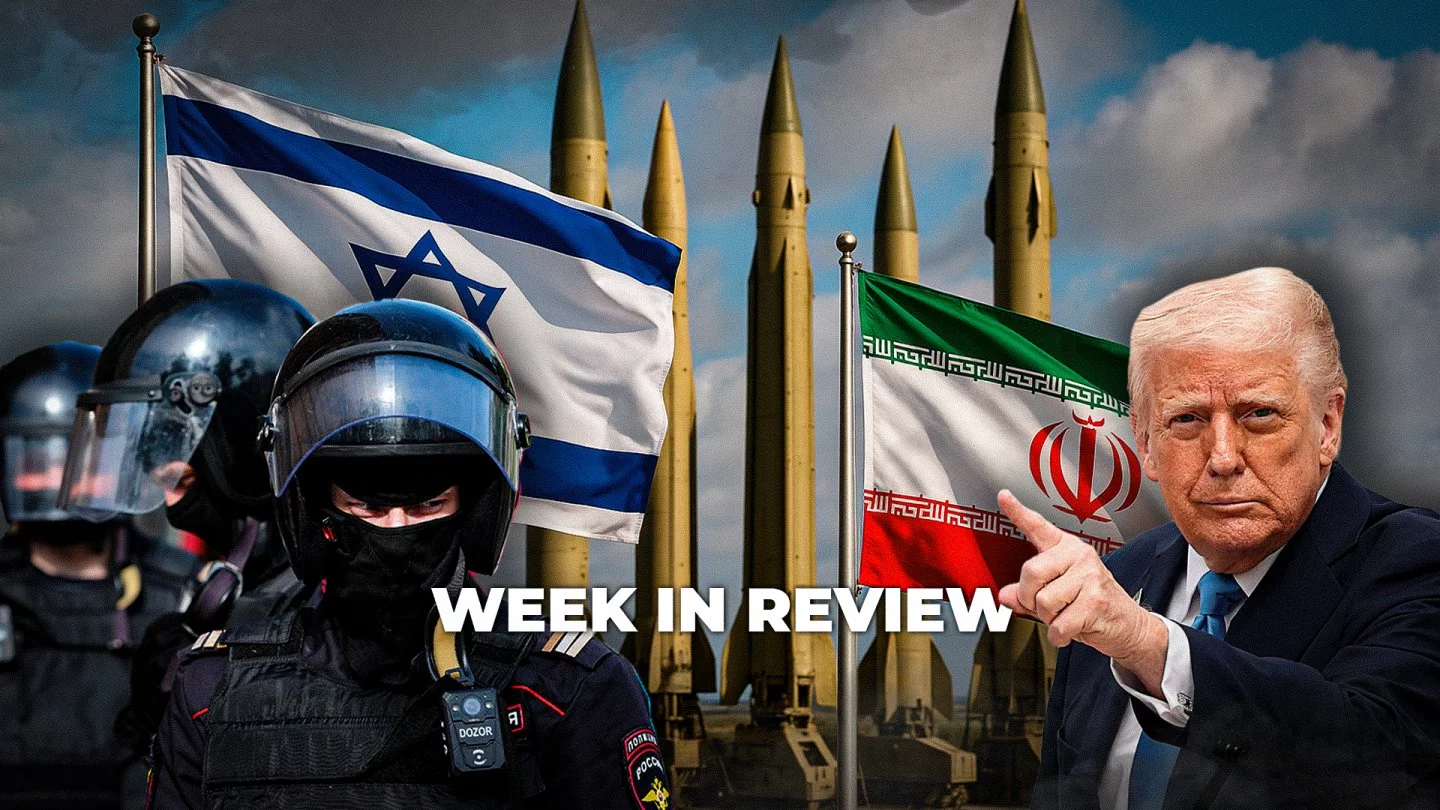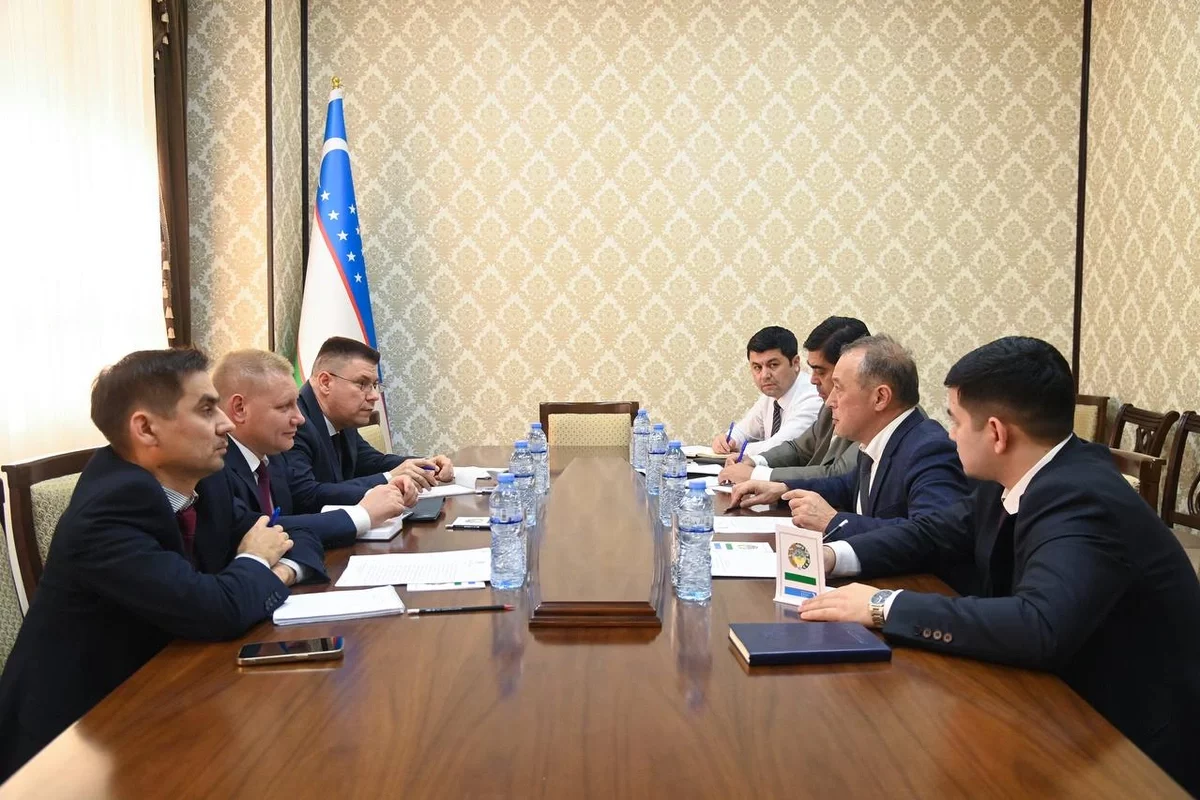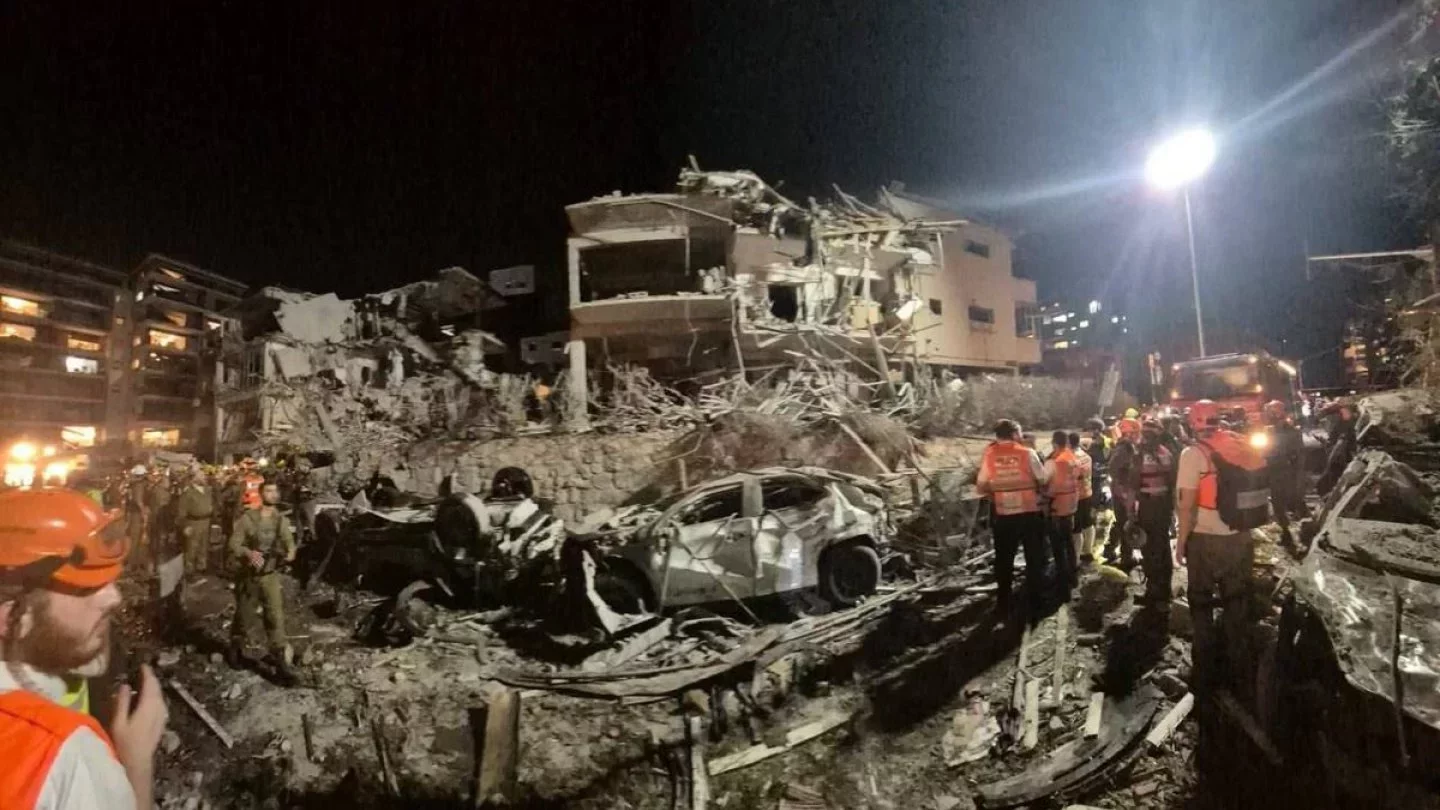Week In Review: Raids, Regional Escalation, And More...
 Photo: Orda
Photo: Orda
Orda.kz has put together a brief synopsis of last week's news.
Diplomatic Strains
A June 8 police raid on Uzbek migrants in the Strogino and Sokolniki districts of the Russian capital has once again brought about a response from Tashkent.
Reports of physical abuse and degrading treatment prompted Uzbekistan to issue a formal diplomatic note to Russia’s Ministry of Foreign Affairs. Russian MFA spokesperson Maria Zakharova attempted to ease tensions.

Zakharova confirmed receipt of the note and pledged that the matter would be reviewed by the "relevant authorities."
Against that backdrop, on June 12, Russia’s Interior Minister, Vladimir Kolokoltsev, publicly suggested that migrants who “bring no benefit to Russian society” should "leave the country." His comments have been linked to a potential struggle for influence in migration enforcement between various power structures, particularly the Interior Ministry and the Investigative Committee (led by Alexander Bastrykin).
Uzbekistan’s Ministry of Foreign Affairs, meanwhile, labeled the treatment a human rights violation and demanded a legal assessment of the officers’ conduct.
This echoes an earlier episode involving Kyrgyz nationals. Kyrgyz law enforcement had subsequently detained four in Osh on alleged charges related to recruiting individuals to fight for Russia in Ukraine. They would later be moved from detention to house arrest pending further investigation.
Assertions that the two events were unrelated later emerged.
Concerning the situation with the Kyrgyz nationals, there have been no substantive updates on the launched checks into the incident, suggesting that Uzbekistan's request will meet a similar fate. Russian security forces' incendiary rhetoric further reinforces such an outlook.
Tashkent has expressed concern before the above incident, yet its most recent response distinguishes itself as more vocal. At the same time, expert opinion suggests that Bishkek may have defined the limitations of its loyalty, demonstrating its hesitancy to allow such recruiting operations.
Still, neither Bishkek nor Tashkent is likely to push boundaries; Kyrgyzstan is set to hold presidential elections in January 2027, and parliamentary ones are expected in November 2026. And, with its consistent crackdown on civil society coupled with pressuring former Presidents, Russia's backing is crucial.
Tashkent, on the other hand, could ramp up its diplomatic signaling, though it will most likely prove to be limited.
Uzbekistan will maintain its firm tone but will remain cautious in action.
Middle East Tensions Flare
On June 12, the Israeli military conducted airstrikes on multiple targets in Iran, including the underground uranium enrichment facility in Natanz, Isfahan Province. According to Israeli sources, the strikes damaged centrifuge halls and auxiliary infrastructure.
Additional targets included critical infrastructure and an airport in Tabriz. Satellite imagery released by the UK-based Open Source Centre showed signs of structural damage at the Natanz facility.
Iran responded overnight on June 13 by launching over 100 drones toward Israel. The Israeli military stated that all drones were intercepted outside Israeli airspace.
Reports claimed that Hossein Salami, the commander-in-chief of Iran’s Islamic Revolutionary Guard Corps (IRGC), was killed in the Israeli airstrikes, along with other senior officials.
Iran's Atomic Energy Organization confirmed structural damage but denied any radiation leaks. The International Atomic Energy Agency (IAEA) supported this, stating that off-site radiation levels remain unchanged. Internal contamination was reported but considered manageable.
Israeli officials reported that 200 aircraft were deployed during the operation and that 330 munitions were dropped on over 100 sites.
The escalation is ongoing, and Israel claims the operation may extend from days to weeks.

Iran has indeed been dealt a heavy blow. According to reports, Israeli Mossad agents infiltrated Iranian territory, managing to establish a drone base facilitating attacks to paralyze Tehran's air defense. More notably, Iran's military chain of command, along with its nuclear development program, lost key officials.
Tehran, regardless of its vocal declarations, is unlikely to provoke a full-scale war that could ultimately drag in the United States, which has been steadily redirecting resources from Ukraine to the Middle East and greenlit Israel's operation.
Although Washington has signalled that Israel must act alone, U.S. involvement should not be ruled out. Trump is likely seeking a foreign policy victory amid his shortcomings in ending the war between Russia and Ukraine. He could also be forced to order a response to Iran's threats to attack U.S. bases if they are carried out.
Separately, Iran is reportedly facing growing domestic discontent, which Israel seeks to exploit.
Meanwhile, Iran's allies, namely Russia and China, have limited themselves to diplomatic condemnations.
Its Houthi proxies responded, though with minimal impact. Logistics for more impactful strikes have been strained after Syria's change in leadership and reintegration into the global economy. Other proxies have likewise been diminished.
Tehran may scale back its military responses, especially as Israel’s ability to sustain its operations, constrained by geography and logistics, could encourage de-escalation. If Tehran acts in such a capacity, the outcome could be repackaged as an unconvincing victory, with the consequences cascading onto its image elsewhere, particularly as a capable military ally.
Iranian officials have expressed willingness to sign a treaty renouncing nuclear weapons — a move that could be an effort to reopen stalled negotiations rather than a binding commitment
Ultimately, Iran is unlikely to make any significant changes in its nuclear ambitions, while experts say damage to strategic sites is limited. Israel is also incapable of striking underground facilities, and Israeli Prime Minister Benjamin Netanyahu's domestic popularity remains mixed, possibly straining the longevity of another military campaign.
Iranian authorities have announced that talks with Washington regarding the nuclear deal are now meaningless, and cooperation with the International Atomic Energy Agency and participation in nonproliferation are "in question."
Despite the alleged domestic discontent, people on the ground may unite against what is perceived as aggression.
At the same time, Israel has, in all likelihood, impacted Iran's nuclear program, partially achieving its aims, but this might prove temporary.
U.S. officials can persuade their Israeli counterparts to stop, and this outlook is possible if Jerusalem‘s operations do not yield results concerning Iran’s nuclear ambitions or the corresponding talks.
Latest news
- Kazakhstan Bans Its Airlines From Flying Over Several Middle East Countries
- Astana Strengthens Security Measures Amid Escalation Around Iran
- Tokayev Meets U.S. Ambassador Stufft, Discusses Board of Peace Cooperation
- Mangystau Launches AI-Assisted School Monitoring to Prevent Teen Suicidal Behavior
- Kazakhstan to Supply UK With Critical Minerals
- AI Faculties for Educators to Open in Kazakhstan: What Other Changes Are Coming to the Education Sector
- There Are Medals — But Not Enough Ice: What’s Happening to Figure Skating in Kazakhstan
- Is Kazakhstan’s Nuclear Power Plant Project at Risk After New UK Sanctions? Rosatom Responds
- Prosecutor General’s Office Suspends Extradition of Navalny Ex-Staffer Detained in Almaty
- Former EBRD Executive Jürgen Rigterink Elected as New Independent Director on Bank RBK’s Board of Directors
- Kazakhstan Near Bottom of Retirement Comfort Ranking
- Kazakhstan to Open New International Flights Across Asia, the Middle East and Europe
- Foreign Experts Paid 47 Times More Than Local Scientists in Kazakhstan
- Almaty Utility Services Clear Streets for Fourth Time After Continuous Snowfall
- The Deputy Calls for Checks on Kazakh Officials Named in Epstein Files
- Su-30SM Fighter Jet Crashes Near Karaganda
- School Smartphone Restrictions May Expand Beyond the Classroom
- US warns Ukraine against strikes affecting CPC oil exports
- Kazakhstan and Austria Agree on Readmission of Illegal Migrants
- Digital Rating for Military Commanders Proposed in Kazakhstan

